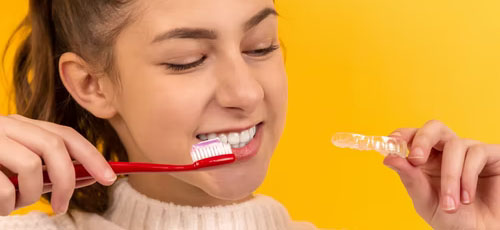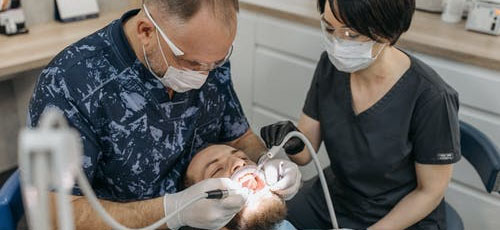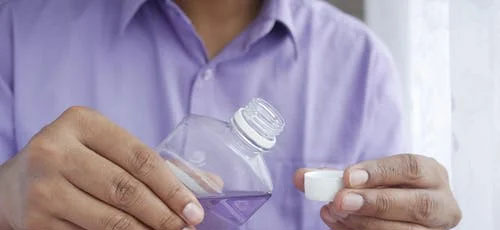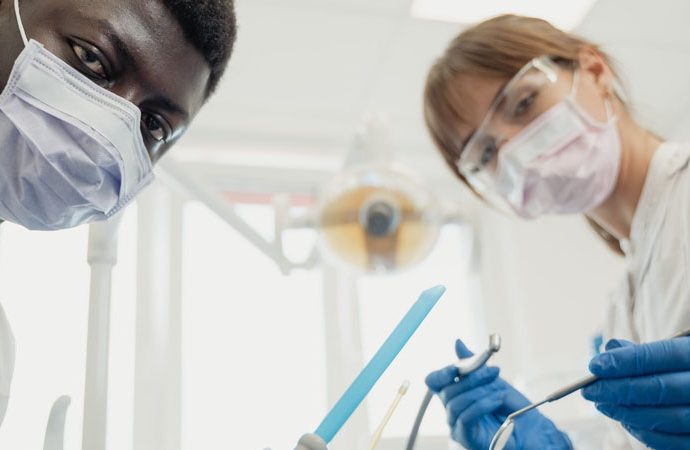Oral hygiene is the first step toward achieving good dental health. It is necessary to keep gums and teeth healthy and to prolong the lifespan of teeth. Oral hygiene consists of incorporating healthy habits, brushing twice daily, and visiting dentists for check-ups regularly.
Brush and Floss Regularly

Brushing teeth twice daily is one of the most obvious dental care tips, yet the most important to remember. Besides keeping teeth and gums clean, brushing teeth twice daily can help with removing plaque and bacteria. The technique used in brushing is important to achieving the real benefits of brushing.
Small circular motions are an important part of brushing teeth, this involves the top, back, and front of every tooth and avoiding back and forth motions.
Taking care not brushing too hard can provide healthy teeth and gums by removing all plaque and bacteria.
Flossing is another well-known tip that is essential to healthy teeth and gums. Flossing is not necessary to do twice daily but only once. Flossing can remove further plaque and bacteria from between the teeth, providing longer-lasting clean teeth. It helps prevent bad breath by cleaning debris and food stuck in-between teeth.
Regular Checkups

Visiting a dentist for check-ups every six months is recommended by dentists and dental professionals. During a routine check-up, a hygienist cleans teeth and removes plaque and tartar.
Some of the best benefits of regular check-ups are that the dentist will notice signs of cavities, mouth cancer, gum disease, and many other dental health issues. Visiting a dentist every six months can provide anybody with peace of mind that their gums and teeth are well taken care of.
Mouthwash

Considering using a mouthwash can be beneficial to achieving great dental health. Mouthwash sometimes contains an antibacterial ingredient called Chlorhexidine which helps to control plaque and gingivitis.
Before buying mouthwash, consult a dentist to find out which mouthwash will be best for the specific condition of gums and teeth. The mouthwash is not a substitute for brushing. It is only beneficial as an extra precautionary method for removing plaque and bacteria.

